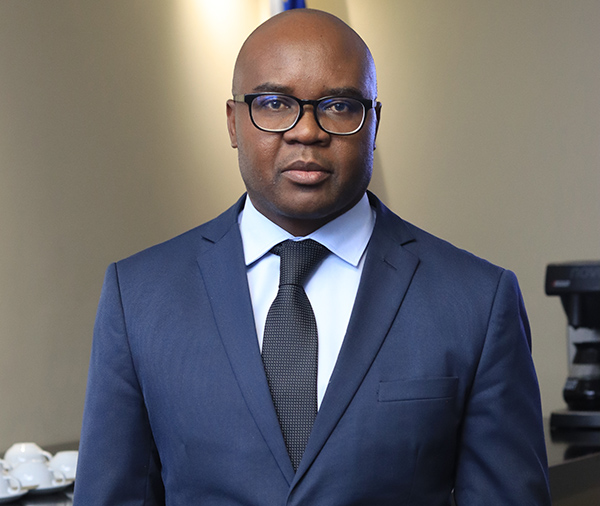Maihapa Ndjavera
The Development Bank of Namibia (DBN) yesterday launched a business rescue programme that targets qualifying businesses financed by the bank as a possible alternative to liquidation.
Many businesses were not spared the negative effects of Covid-19 related lockdowns and limitations as well as the fallout from the Russia-Ukraine conflict that led to reduced turnover, which caused businesses to cut back on their loan obligations with the bank.
In 2020, the Namibia Statistics Agency (NSA) conducted a survey on the effect of Covid-19 on selected businesses in Namibia.
The survey revealed that 96.5% of businesses respondent that they were adversely affected by the pandemic.
The survey further revealed that 50% of the businesses indicated that they traded partially while 25.2% were temporary closed. The majority of operating businesses have indicated reduction in local customer demand as the most common current and future effect experienced by 68.8% and 65.1% of the businesses, respectively.
Furthermore, 63.7% of businesses reported revenue loss of over 50% with the manufacturing sector (20.1%), hotels and restaurants (15.2%) and construction sector (11.3%) bearing most of the blunt.
The DBN’s programme takes the form of partial conversion of debt into various types of preference shares to be held by the bank in the enterprise and the deployment of independent business managers to such entities to render technical and management advisory services.
“The bank gives regards to employment opportunities created, income for owners, preservation of owners’ capital and assets, contributions to local, regional and national economies and continued economic growth as reasons to attempt to preserve businesses,” DBN CEO Martin Inkumbi said.
DBN will in the next few weeks appoint independent business rescue advisers through a transparent procurement process.
Inkumbi said once an adviser is appointed to carry out an assessment of a distressed business, the adviser will make recommendations on the turnabout strategy. The turnabout strategy will identify changes that need to be made to the operation of the business, its governance and/or its capital structure.
Explaining the process, Inkumbi noted if the capital structure is not appropriate, the bank could consider converting part of the debt to the bank into alternative patient financing instruments such as convertible preference shares.
“The first task of the business turnaround adviser will be to ascertain if the business can be rescued. If not, the bank will have to begin steps to recover its loans through the normal liquidation process. If the business can be rescued, the advisor will make recommendations on management, capital structure and governance which the enterprise will be contractually obliged to implement,” explained Inkumbi.
He added the programme is voluntary. There will be consultation between the bank and the distressed business owners. Where a distressed business owner is not willing to accept terms and conditions of a rescue programme, they can always opt to repay the bank’s loan or alternatively face liquidation, he stressed.
On the topic of eligibility, Inkumbi said not all businesses in distress would qualify or meet the criteria of the business rescue programme.
According to him, there must be some level of business activities happening and revenue generation. Ideally, such a business must be in a position to at least, partially meet its loan repayment obligation to the bank. He stated the bank will not convert full debt into a preference share instrument. The owners must also be committed and willing to make further capital investment and meet the bank halfway.


